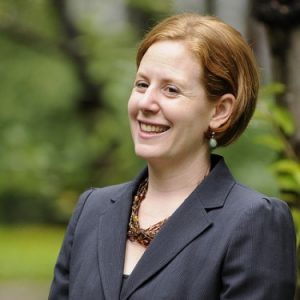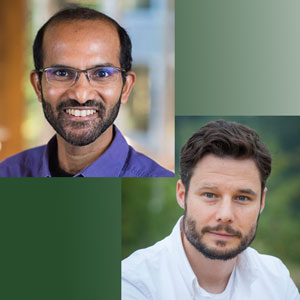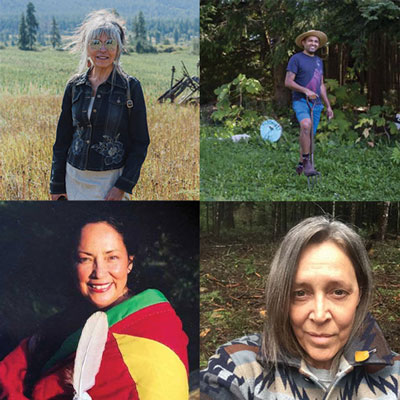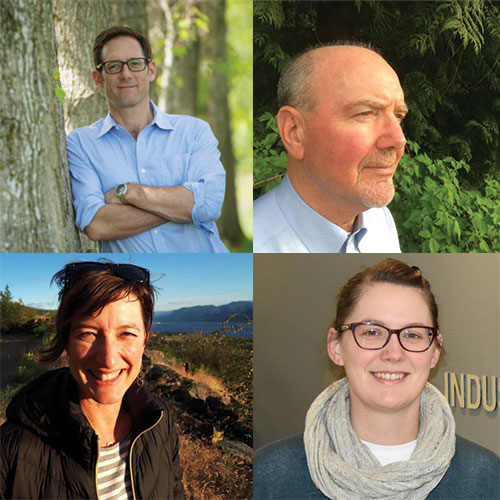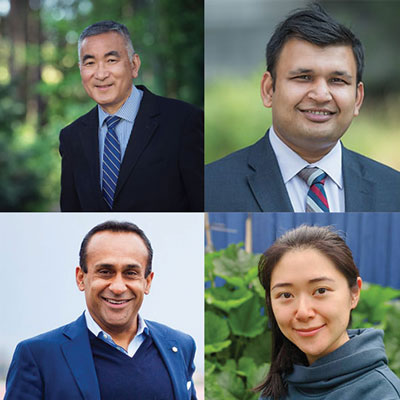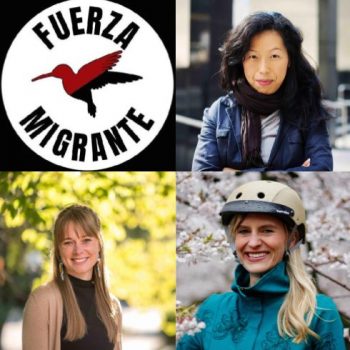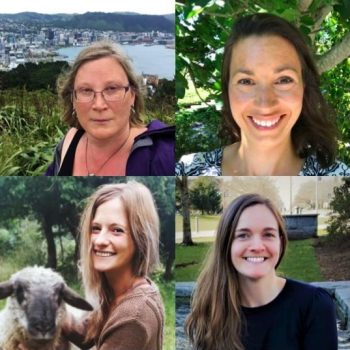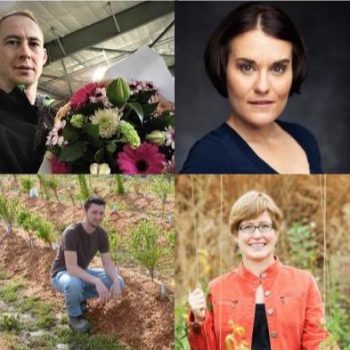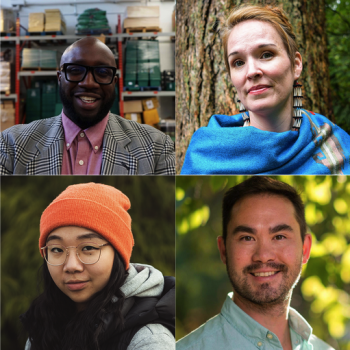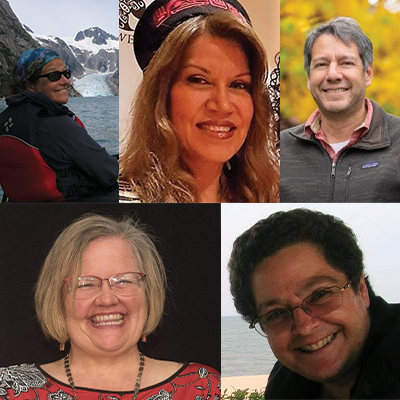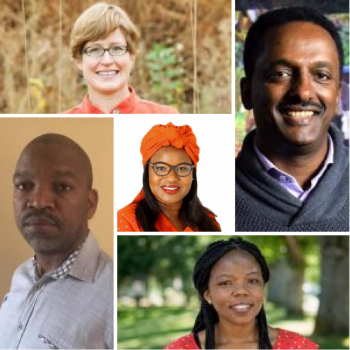Saturday Farmers’ Market Vendor Feature: Occasionally Honey
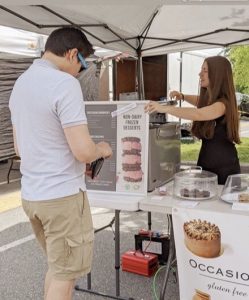 This week we are featuring Occasionally Honey, a first-year vendor at our market! Occasionally Honey provides a variety of gluten-free and mostly vegan baked goods and frozen desserts. All desserts are loaded with flavour so those with food intolerances aren’t missing out. We recently had the pleasure of chatting with the owner, Nicole Fraser, to find out more.
This week we are featuring Occasionally Honey, a first-year vendor at our market! Occasionally Honey provides a variety of gluten-free and mostly vegan baked goods and frozen desserts. All desserts are loaded with flavour so those with food intolerances aren’t missing out. We recently had the pleasure of chatting with the owner, Nicole Fraser, to find out more.
How long has Occasionally Honey been around? How did you get started?
A little over three years. Having spent over a decade working in the food industry, paired with not being able to eat gluten for 12 years, I wanted to create a business that made those with food intolerances have more options and not feel excluded anymore. Seeing people get excited because they can eat an ice cream sandwich for the first time in 10 years always brings me joy and reminds me of why I started this business in the first place.
 What are the three most important things you think people should know about Occasionally Honey?
What are the three most important things you think people should know about Occasionally Honey?
- That we don’t sell honey. Haha. A common misconception – that’s understandable. The name actually means that all products are vegan except for a few products that contain honey.
- Another thing worth noting is that although all the baked goods are gluten-free, your average person will not be able to tell the difference in both appearance and flavour.
- A lot of effort goes into creating each recipe to ensure a top-quality product.
What inspired all your products to be dairy-free and gluten-free?
I know there are many people with sensitivities to both gluten and dairy. Personally, adjusting to not being able to eat gluten many years ago was difficult, so I can only imagine how difficult it is for those with multiple food intolerances. Having worked with vegan cuisine for many years, I was confident I could create many recipes that were both gluten and dairy-free so they could be enjoyed by more people.
 Can you tell us about the process for developing recipes?
Can you tell us about the process for developing recipes?
Mostly a lot of trial and error over the years, combined with reading up on food science to understand what exactly makes each baked good the way it is. Finding out what makes a muffin rise, or a cookie soft or chewy is important in baking and becomes more complex when you remove certain ingredients like gluten or eggs. Making many mistakes, taking notes and seeing how to improve upon next time and not giving up is usually how the process goes.
Do you have specific criteria for selecting ingredient for your desserts?
Using real ingredients is very important. It feels better when you eat a cookie with maple syrup and nothing artificial compared to a cookie that’s filled with lard and food dyes. Our bodies know the difference. While it’s still dessert and should be eaten in moderation, it’s nice to feel good after eating an Occasionally Honey dessert.
 Why did you choose to come to the UBC Saturday Market specifically?
Why did you choose to come to the UBC Saturday Market specifically?
I’ve heard so many good things about the market from other vendors and it sounded like a great fit.
If you could only have one of your desserts for the rest of your life which one would it be?
This is the toughest question so far, but I’d probably have to say the caramelized banana coco cream sandwich.
Where else can customers find you? And is there anything else you want them to know?
The best bet would be to check out the online store on the website. Products can be ordered there and picked up in Coquitlam. Whether it’s a cake, cookies, or a bulk order of frozen desserts, you can place an order on the website anytime and arrange to pick up.
Market Dates| Facebook Page | Instagram | Website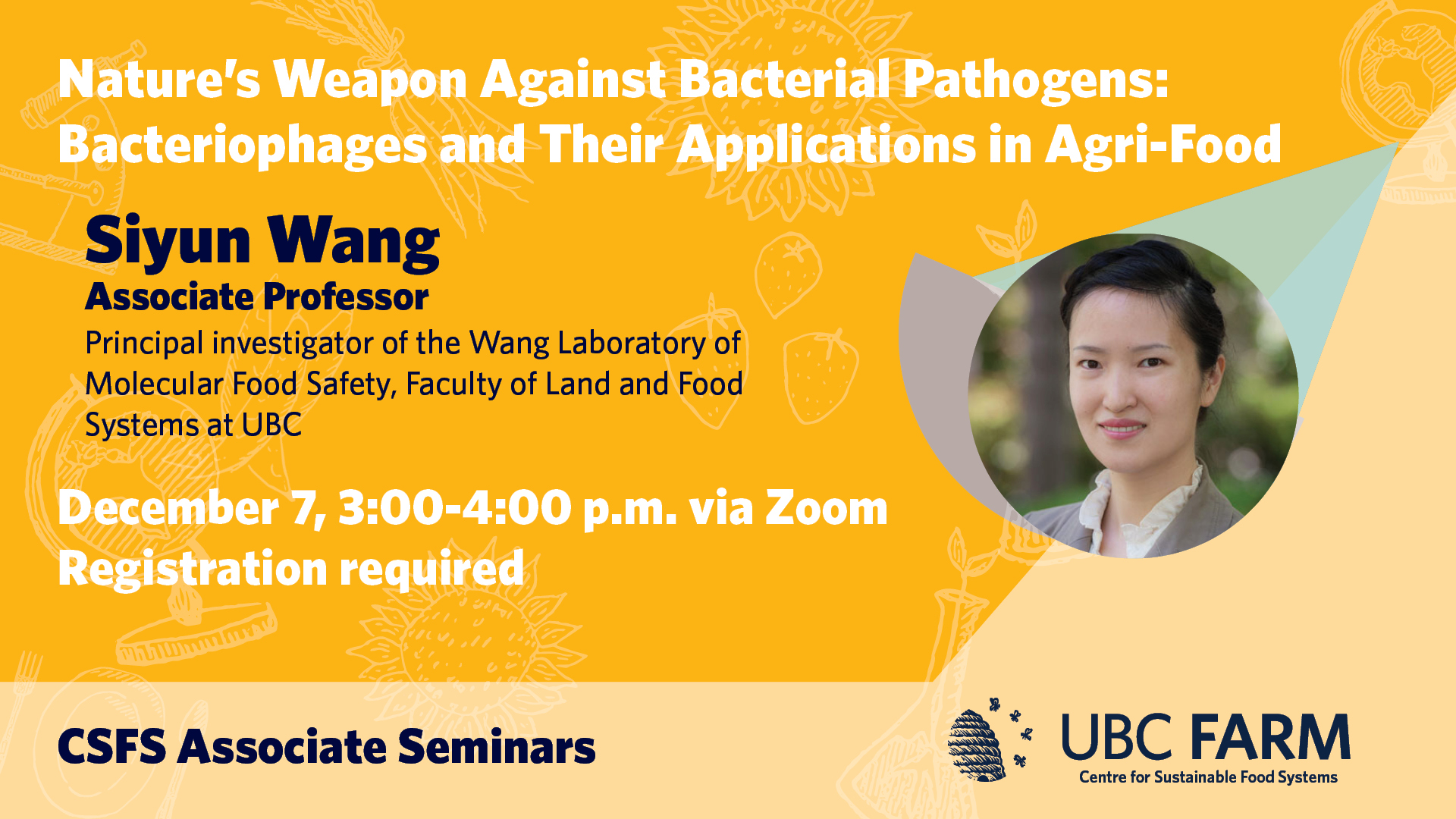
 This week we are featuring Elena’s Pasta, a first year vendor at our market! With the motto “Pasta is for sharing”, Elena’s Pasta brings delicious fresh artisan pasta across Vancouver. We recently had the pleasure of chatting with owner and UBC alumni, Elena Adiletta, to find out more.
This week we are featuring Elena’s Pasta, a first year vendor at our market! With the motto “Pasta is for sharing”, Elena’s Pasta brings delicious fresh artisan pasta across Vancouver. We recently had the pleasure of chatting with owner and UBC alumni, Elena Adiletta, to find out more. What are the three most important things you think people should know about Elena’s Pasta?
What are the three most important things you think people should know about Elena’s Pasta?
 What types of pasta do you sell?
What types of pasta do you sell?
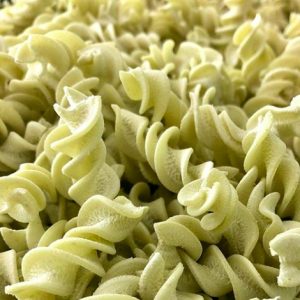 If you could only have
one of your pastas for the rest of your life which one would it be?
If you could only have
one of your pastas for the rest of your life which one would it be?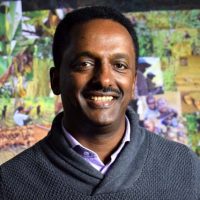
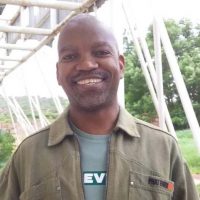

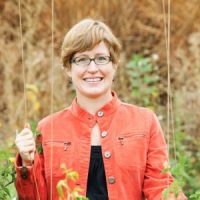
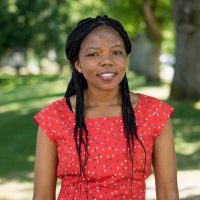





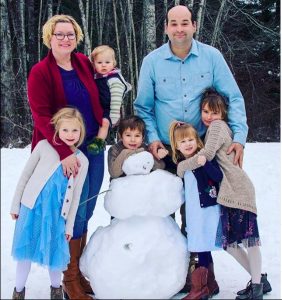 This week we are featuring Aurora View Farms, a third-year vendor at our market! Aurora View Farms is a farmily- run, certified Organic ranch that provides 100% grass-fed and finished beef. We recently had the pleasure of chatting with co-owner, Liz L’Heureux, to find out more.
This week we are featuring Aurora View Farms, a third-year vendor at our market! Aurora View Farms is a farmily- run, certified Organic ranch that provides 100% grass-fed and finished beef. We recently had the pleasure of chatting with co-owner, Liz L’Heureux, to find out more.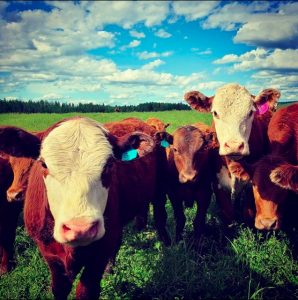 What are the three most important things you think people should know about Aurora View Farms ?
What are the three most important things you think people should know about Aurora View Farms ?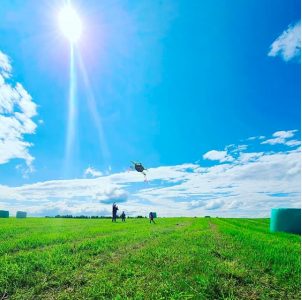 You had are certified organic, would you minding telling people what this involves for ranching?
You had are certified organic, would you minding telling people what this involves for ranching?
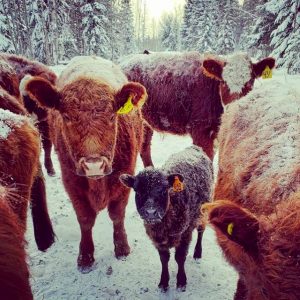 If you could only have one cut of your beef for the rest of your life which one would it be?
If you could only have one cut of your beef for the rest of your life which one would it be?
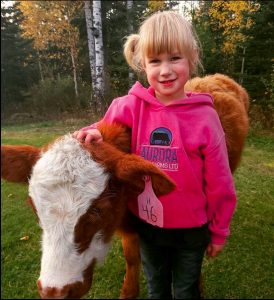 Where else can customers find you? And is there anything else you want them to know?
Where else can customers find you? And is there anything else you want them to know?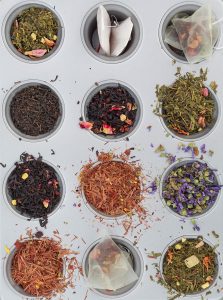 About this Workshop
About this Workshop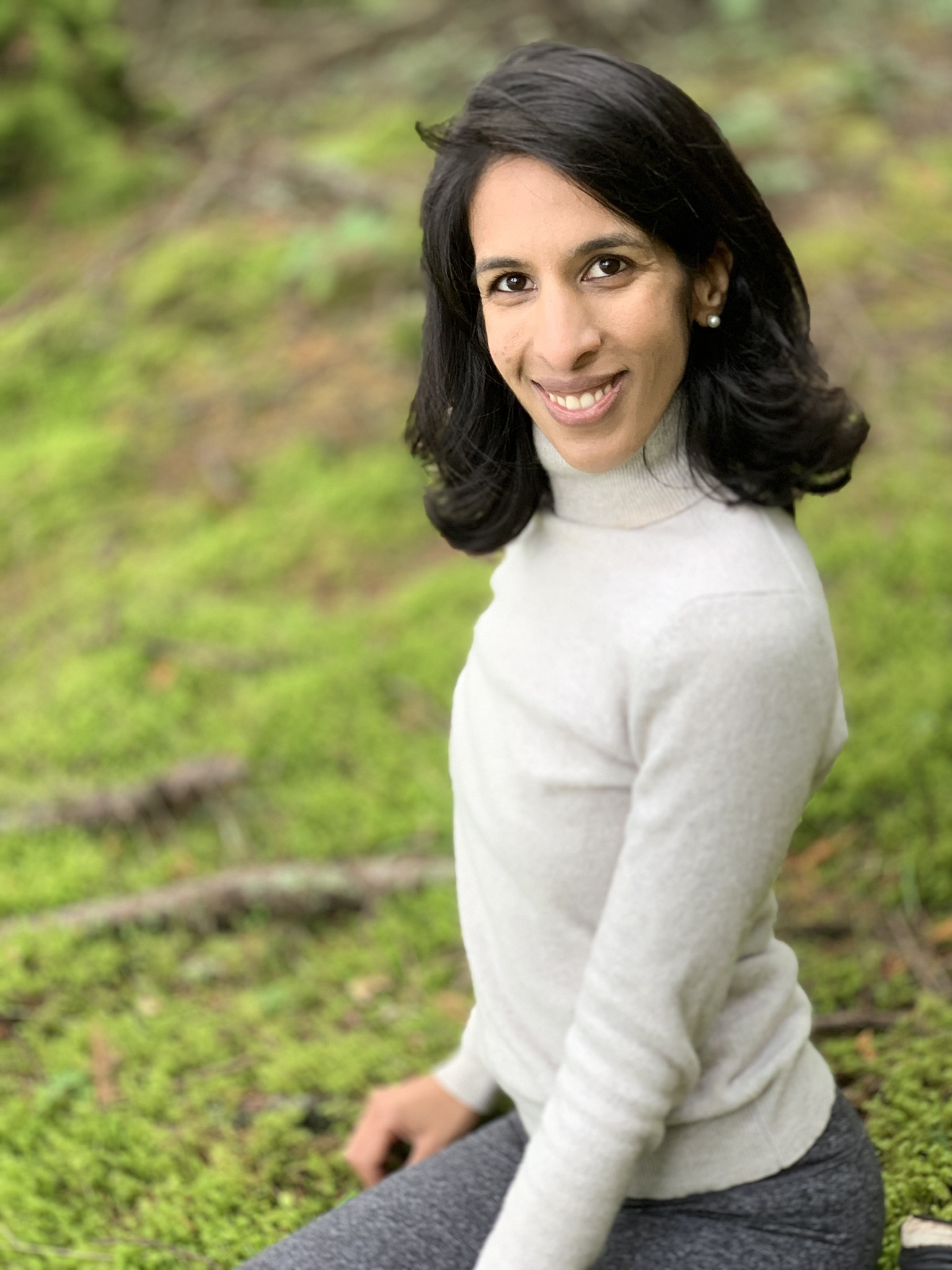 About the Instructor
About the Instructor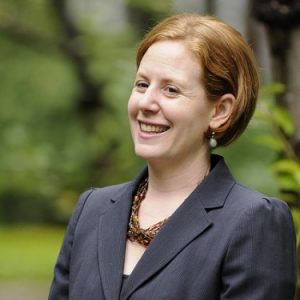
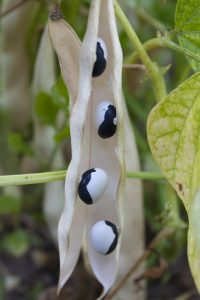 About this Workshop
About this Workshop About the Instructor
About the Instructor